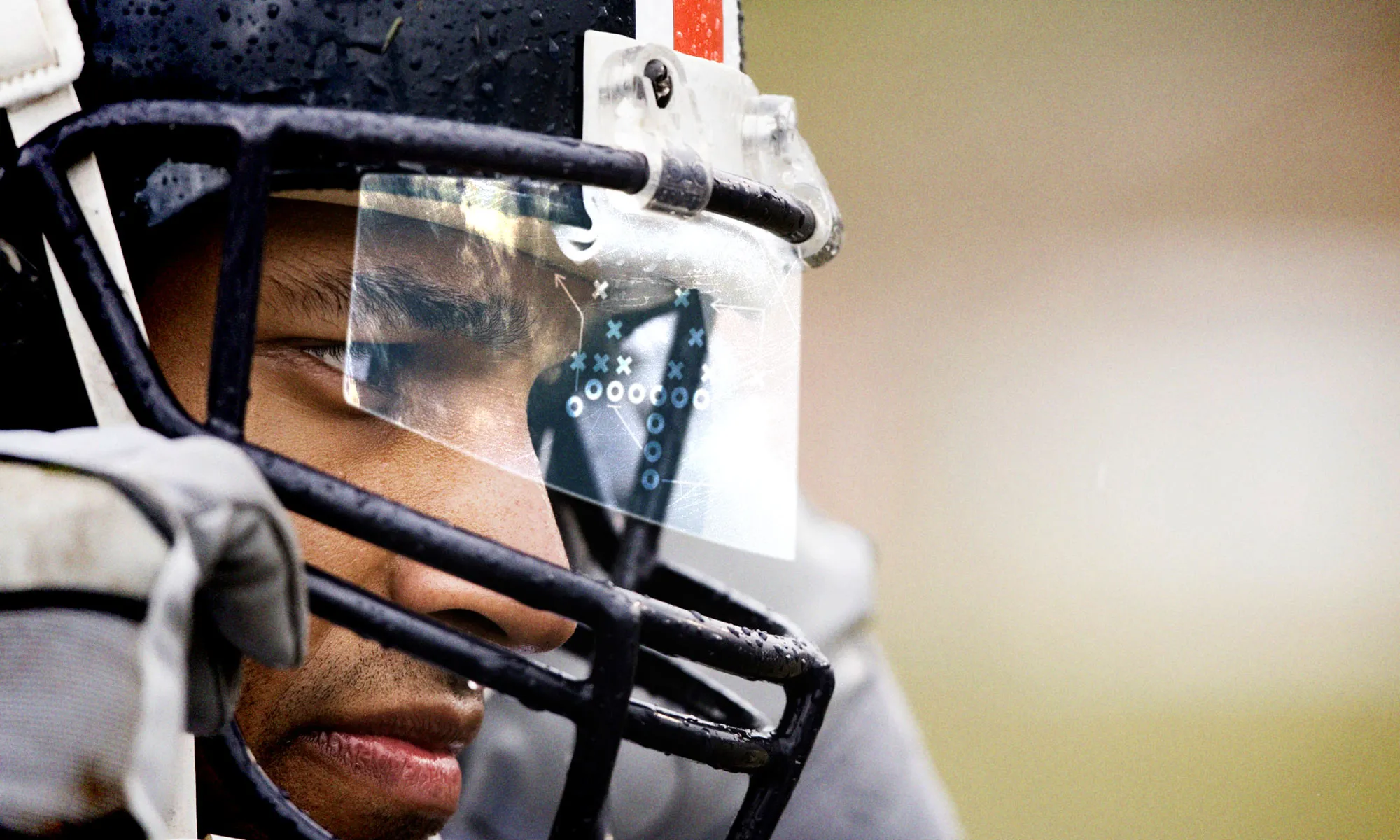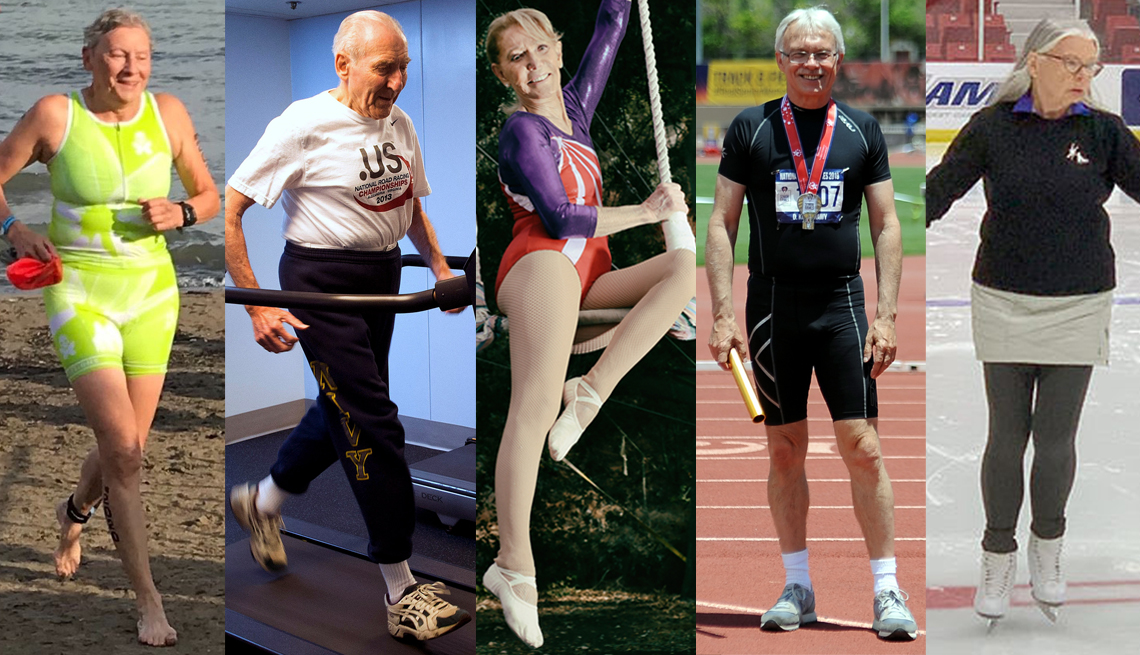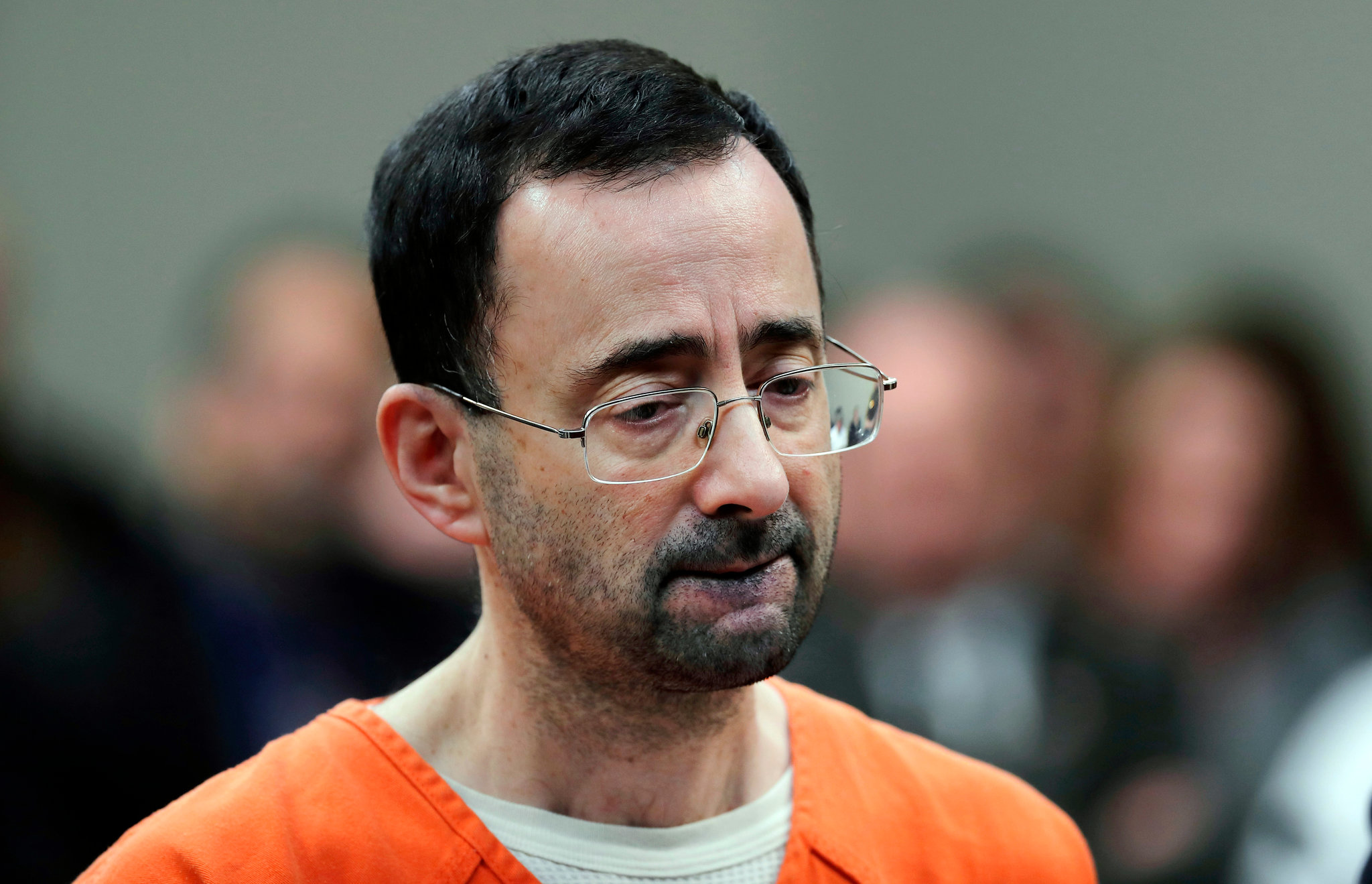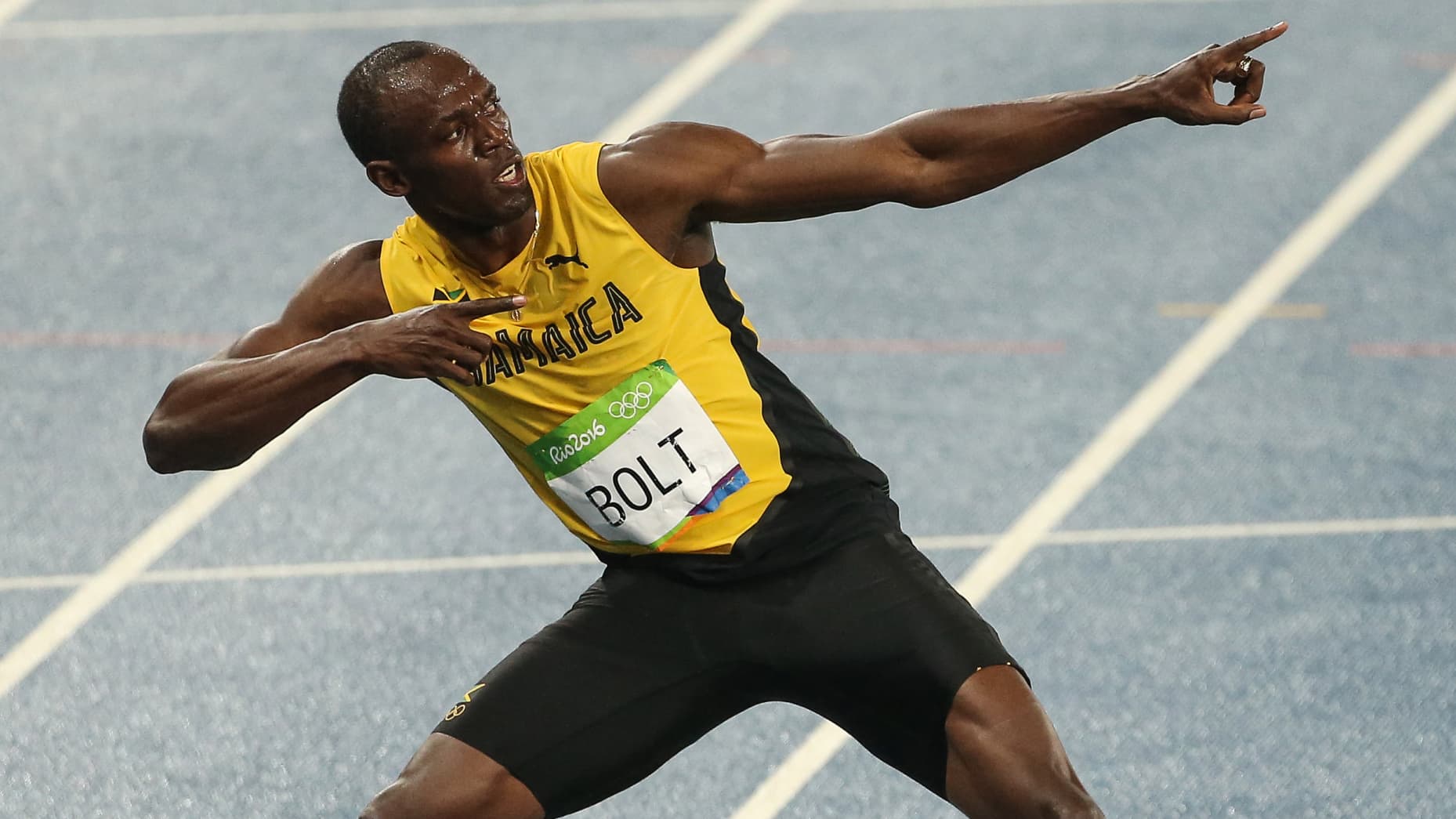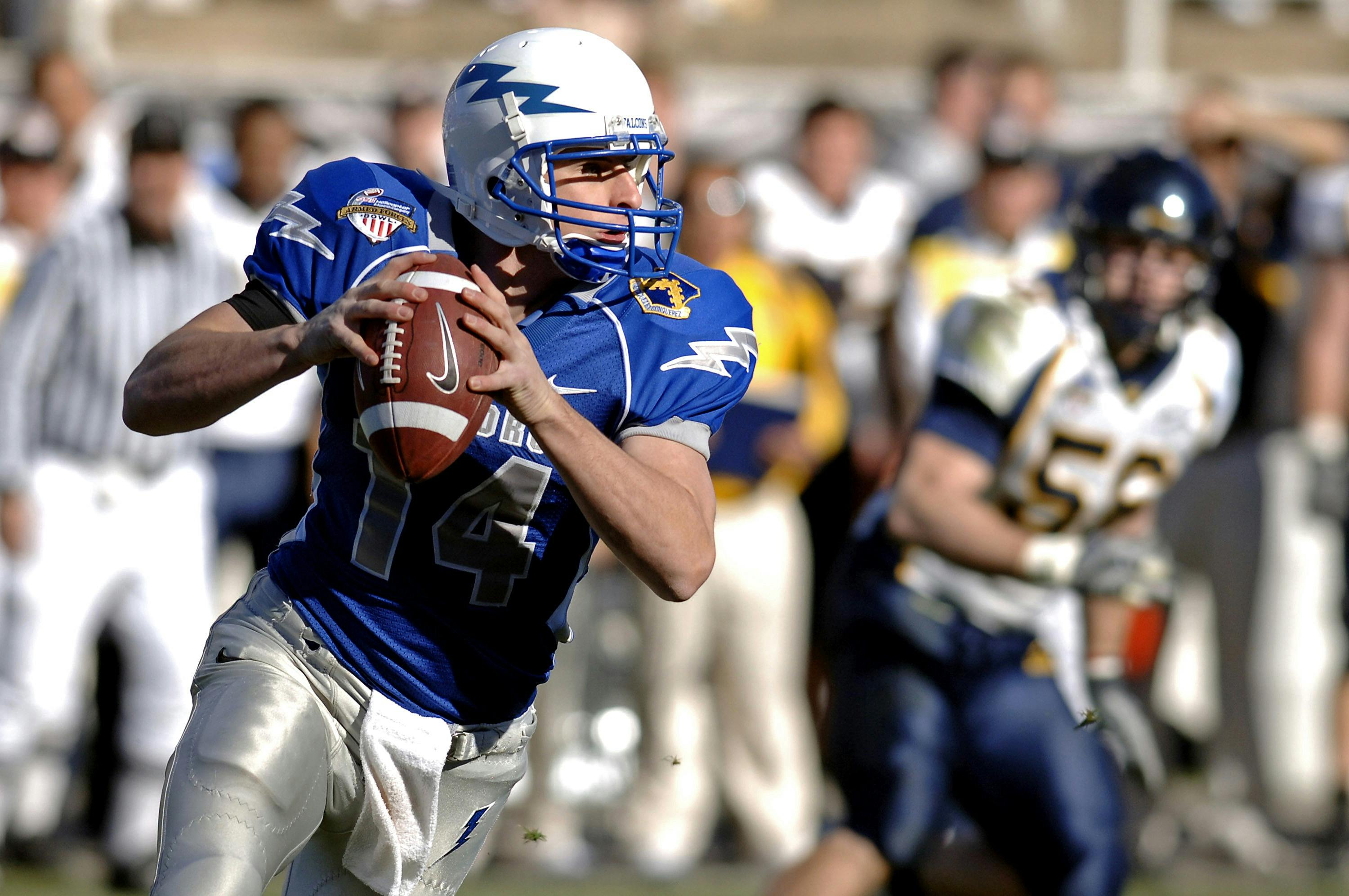United by the Ball – How Sports Wove Threads of Healing Through the Fabric of Nations Grappling with Crisis
The world has faced numerous crises, from natural disasters to political upheavals, and in the midst of these, sports have often emerged as a unifying force. Whether it's the camaraderie on the field, the collective cheers of the spectators, or the shared triumphs and defeats, sports have a unique ability to bring people together.
The Role of Sports in Society
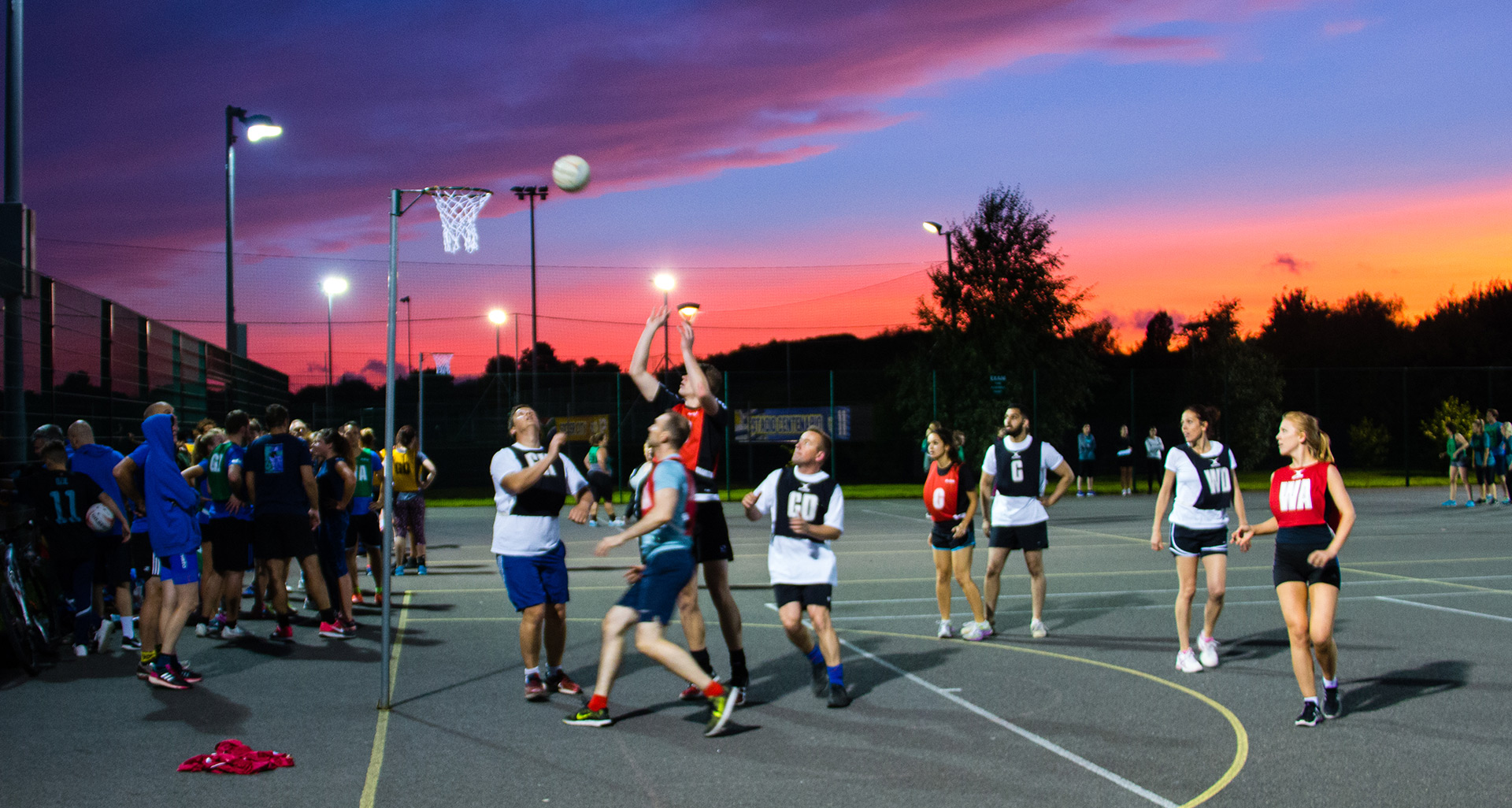
Sports are more than just games; they are a reflection of society's values, conflicts, and aspirations. They can provide a platform for dialogue, challenge societal norms, and promote inclusivity.
Sports and National Identity
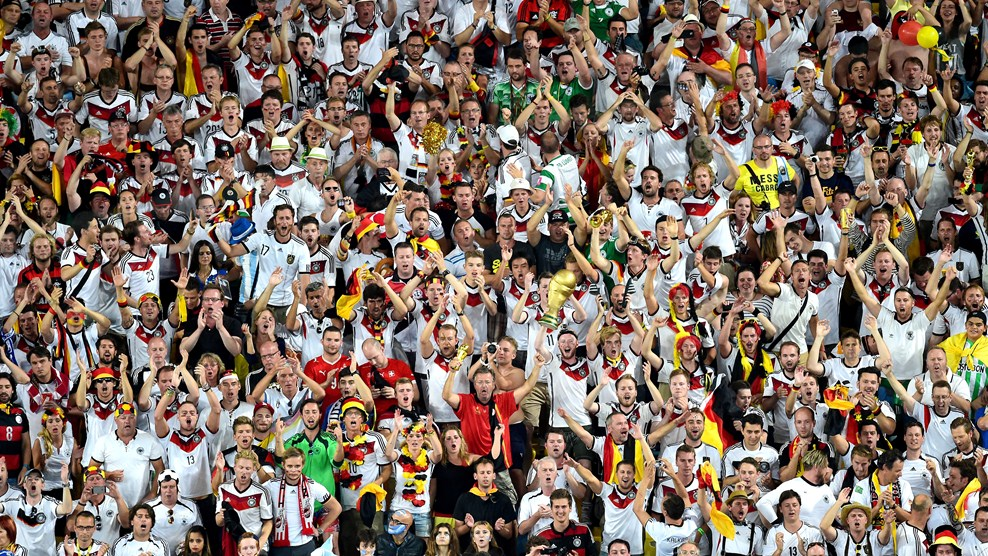
National identity is often closely tied to sports. Major sporting events, such as the Olympics or the World Cup, evoke a strong sense of national pride and unity. In times of crisis, these events can serve as a rallying point, providing a sense of normalcy and a shared goal to strive towards.
Sports as a Tool for Diplomacy
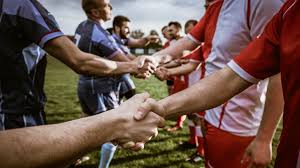
Sports diplomacy has been an effective tool in easing political tensions and fostering international relations. The "ping-pong diplomacy" between the U.S. and China in the 1970s, or the "football diplomacy" between Turkey and Armenia in 2008, are prime examples of how sports can bridge political divides.
Sports and Post-War Healing
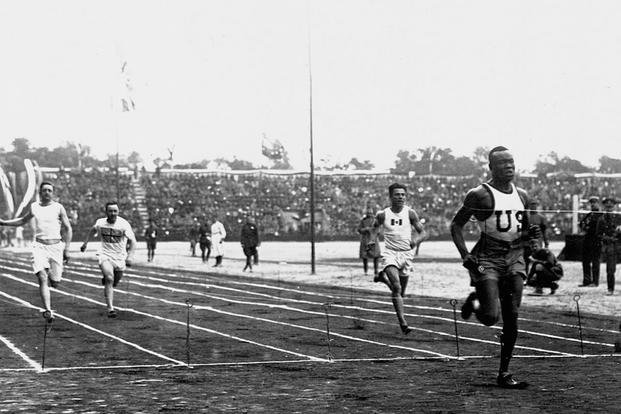
In the aftermath of war, sports can play a crucial role in healing and reconciliation. Post-WWII, football helped Germany reintegrate into the international community. In Rwanda, after the genocide, cricket became a symbol of unity and hope.
Sports and Natural Disasters
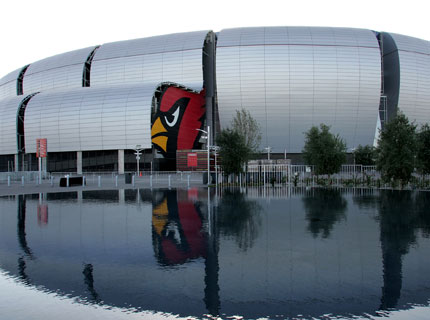
After natural disasters, sports can provide a sense of normalcy and hope. Following the 2011 earthquake and tsunami in Japan, the country rallied around their baseball team, finding solace in the familiar rhythms of the game.
Sports and Economic Crises
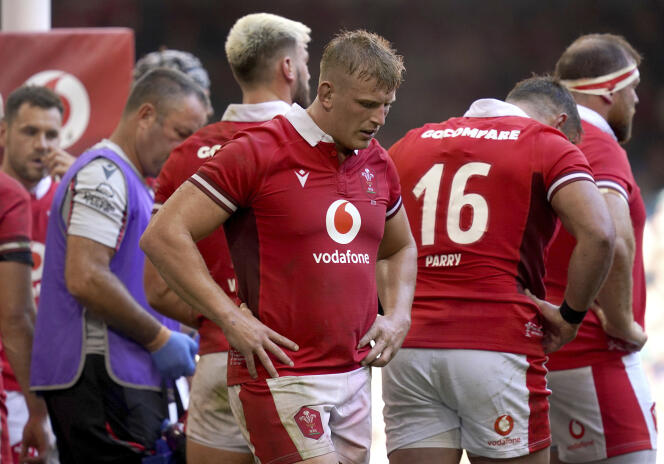
During economic downturns, sports can offer an escape from the harsh realities of life. The Great Depression saw a rise in the popularity of boxing and baseball, providing a distraction for the masses and even creating jobs.
Sports and Social Movements
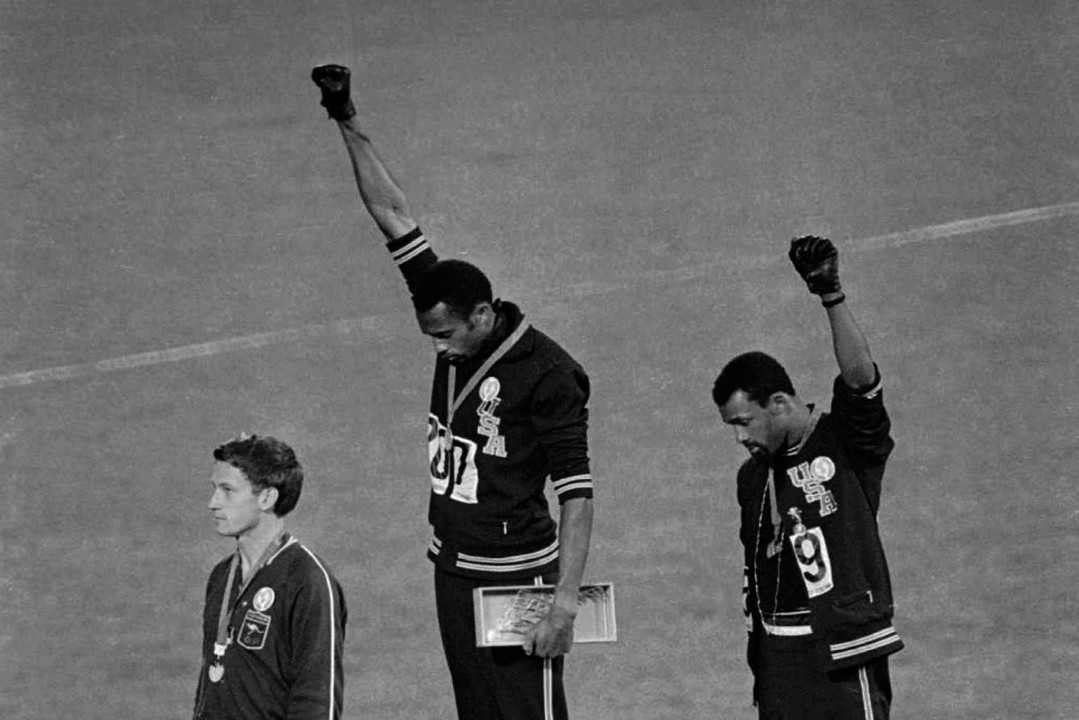
Sports have often been at the forefront of social movements. Athletes like Muhammad Ali, Billie Jean King, and Colin Kaepernick used their platform to highlight social injustices, sparking conversations and inspiring change.
Sports and Mental Health
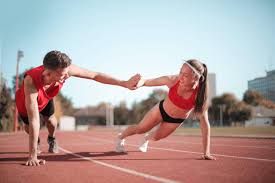
The mental health benefits of sports are well-documented. In times of crisis, the physical activity, camaraderie, and sense of achievement that sports provide can be a lifeline.
Sports and Community Building
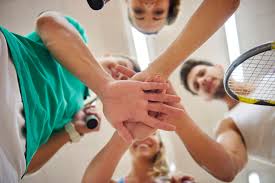
Sports can foster a sense of community, both locally and globally. They can break down barriers, foster friendships, and create a shared sense of purpose.
Sports and Youth Empowerment
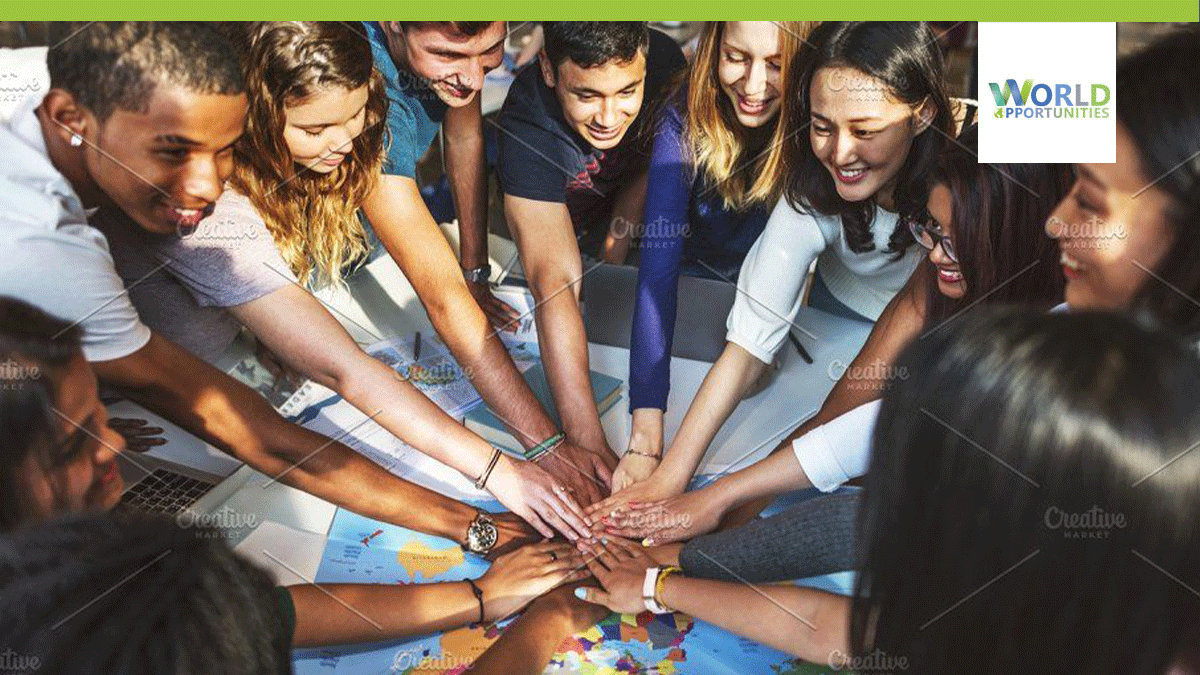
Sports can empower youth, teaching them valuable life skills, providing opportunities for growth, and instilling a sense of hope and purpose. In areas affected by poverty or conflict, sports programs can provide a positive outlet for young people.
Sports and Gender Equality
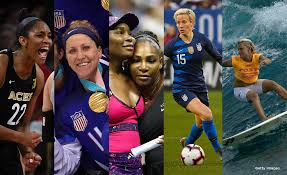
From the fight for equal pay in women's soccer to the inclusion of women in Saudi Arabia's Olympic team, sports can be a powerful platform for advocating gender equality.
Sports and Disability Inclusion
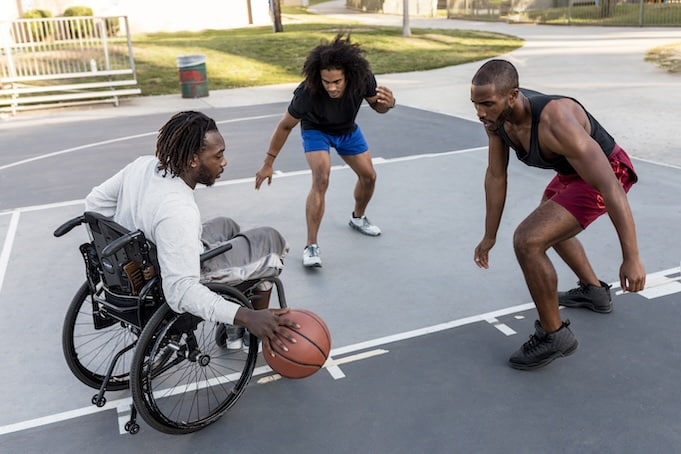
Sports can also promote inclusivity for people with disabilities. The Paralympics, for example, not only provide a platform for athletes with disabilities, but also challenge societal perceptions and stereotypes.
Sports and Indigenous Rights
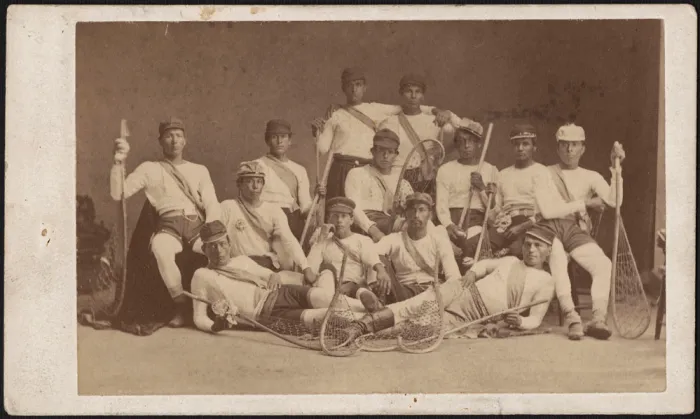
Sports have been a platform for Indigenous peoples to assert their rights and challenge discrimination. The Indigenous Games, for example, celebrate Indigenous cultures and foster understanding and respect.
Sports and Environmental Awareness

Sports can also raise awareness about environmental issues. Events like the Eco-Challenge or initiatives by sports organizations to reduce their environmental impact can inspire fans to take action.
Sports and Technological Innovation
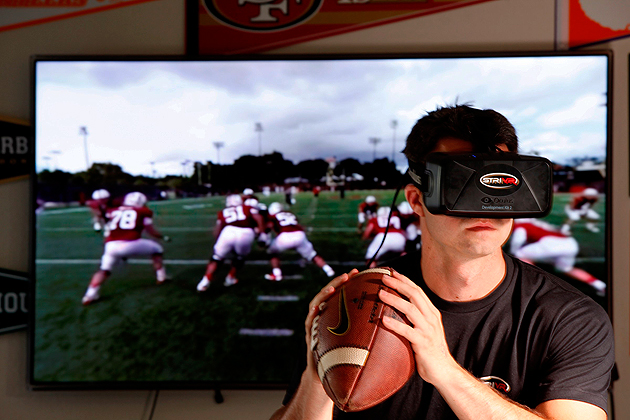
Sports have driven technological innovation, from advancements in equipment and training methods to the use of technology in refereeing and broadcasting. These innovations can have wider societal benefits.
Sports and Health Promotion
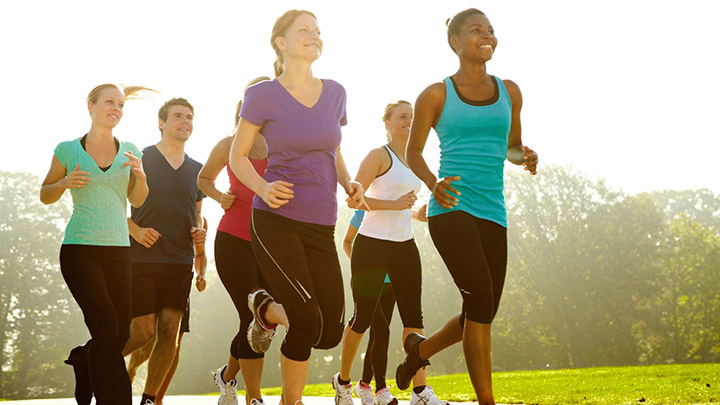
Sports can play a crucial role in promoting physical health, which is particularly important in times of public health crises. They can encourage people to stay active and maintain a healthy lifestyle.
Sports and Education
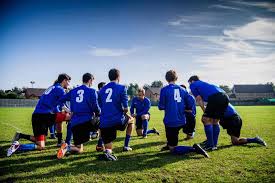
Sports can enhance education, teaching children skills like teamwork, discipline, and perseverance. They can also provide opportunities for scholarships and further education.
Sports have a unique ability to unite and heal. Whether it's rallying a nation after a crisis, challenging societal norms, promoting inclusivity, or simply providing an escape from the harsh realities of life, sports can weave threads of healing through the fabric of nations.

